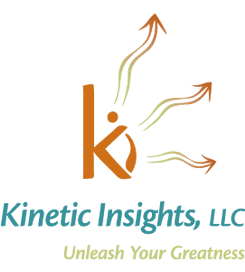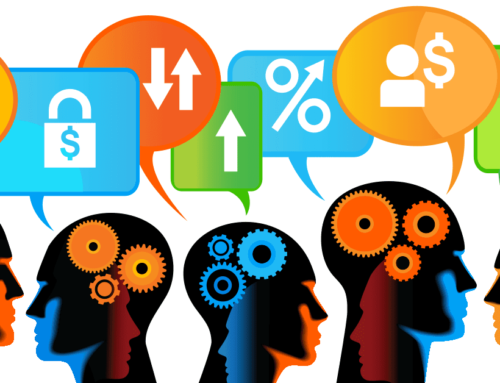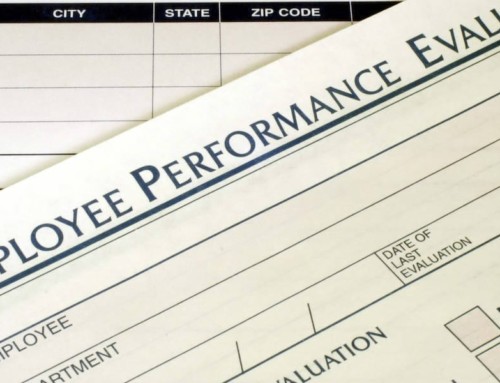Emotional Intelligence for Teams
When we think about how to best develop leadership skills in those around us, we frequently encounter the need to strengthen Emotional Intelligence (EI). Likewise, most leadership development programs identify EI as a major objective. However, little attention has been given to developing the emotional intelligence of teams, despite the fact that organizations strongly rely on teams for delivering a wide range of results. We see this as a major oversight. Research has found a clear correlation between team emotional intelligence and overall team performance (Elfenbein 2006)
Emotionally Intelligent Teams Work With Emotions
As Druskat and Wolf wrote in the Harvard Business Review in 2001, “Group emotional intelligence…(is) about bringing emotions deliberately to the surface and understanding how they affect the team’s work.” We say “work with” rather than “manage” because “manage” implies that emotions are something to be dealt with, reduced, or otherwise removed from interactions. That’s not the intent. Great teams do the opposite.
It’s common to define a high performing team as one where there is a high level of collaboration, participation, candor, constructive conflict, and other similar characteristics. Whether teams exhibit these is largely dependent on their ability to be aware of and work with the emotions of individuals and the group as a whole. Each team member makes a decision (conscious or unconscious) to trust others on the team, to show up authentically, and fully engage depending on how they “feel” about the team. Do they trust the team and the individuals on it? Do they think the team is worthwhile? Do they believe the team is capable of performing its task? If you don’t know how everyone feels about these things, it will be difficult to address any issues.
Working With Emotions at Three Levels
It’s important to understand that there is a difference between the emotional intelligence of a team and the emotional intelligence of the individual members. Team EI is the group’s ability to create and intentionally manage norms for the emotional processes of the group at three different levels: intrapersonal, interpersonal, and whole group. Let’s take a little closer look at these three levels and some ideas for team norms that can increase team emotional intelligence at each one:
- Intrapersonal: Encourage individual team members to be aware of and feel safe in speaking about their intuitions, emotions, and gut instincts.
- Do a check in at the beginning of every meeting to encourage each member to be aware of and acknowledge their emotions.
- Encourage individuals to tell others how they are feeling during important discussions and after decisions.
- Pay attention to non-verbal cues that might indicate a strong emotion and inquire about it.
- When people do share these things be sure to listen, validate and thank them.
- Question decisions that come too quickly
- Interpersonal: Create a team culture for constructive interactions between team members – Collaboration, Cooperation, and Constructive Conflict.
- Set ground rules for meeting behavior and hold everyone accountable.
- Appoint someone to monitor norms and rotate the role. Be diligent – especially in the beginning.
- Find playful ways to point out anti-norm behaviors.
- In conflict situations, assume positive intent and make a point of “listening to understand” (versus listening to debate) all points of view.
- Support each other, offer to help and be flexible. Ask what’s needed.
- Group: Ability to recognize emotions of the group and for the team to self-assess its own effectiveness.
- Build in, and ruthlessly protect, agenda time to discuss team performance, behaviors, and norms.
- Discuss overall group mood (energy level, frustration, excitement, confusion etc.).
- Empower individuals to share what they observe of the team as a whole.
- Establish a “stop-action” process where the team can step out of task mode and discuss how things are going. Leaders should encourage and model this.
- Self-assess periodically.
- Allow time to constructively work through conflict situations.
The characteristics of effective teams (commitment, collaboration, candor, etc.) don’t magically appear by naming them or writing them on a wall chart. We all know from experience it isn’t that easy. It requires an intentional effort to build a foundation of Team Emotional Intelligence.
At Kinetic Insights, our PathFinders are skilled in helping leaders unleash the greatness in themselves and in their organizations. Call or email us for a quick discussion that just might put you and your team on the path to significant change.











Leave A Comment